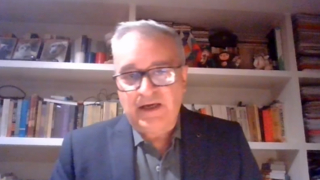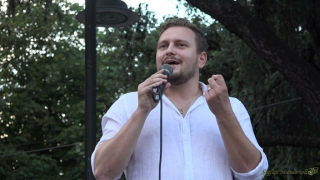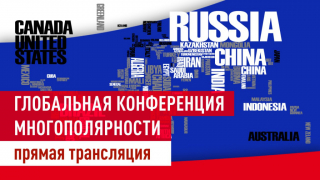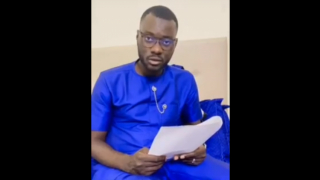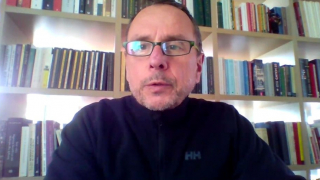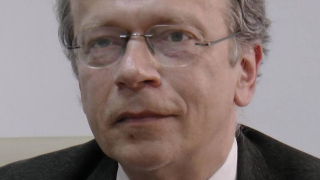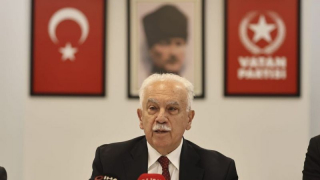Challenges of Intellectual Exercises on ‘Multipolarity’ in Academic institutions in Global South
Political, economic and cultural hegemony of Western civilization is widely discussed and debated in the intellectual platforms such as university classrooms of the Global South. In comparison to that the discussion on knowledge hegemony is a less discussed topic though the ramification of it is no less than other forms of hegemony. There are several challenges for creating an open and diversified platform of intellectual exercises in the universities of the South:
- Many of the faculty members who are teaching at the classrooms of the universities are Western educated. This so called ‘liberal education’ actually made their thinking process unidirectional and eventually handicapped their ability to think alternatively for explaining the rapid changes happening in different fields.
- The knowledge industry is fully controlled by the Western intellectuals who have created a domain of knowledge creation and publication which is not ready to accept the ‘unbiased truth’ coming from alternative sources.
- The narratives created by the Western intellectuals and media are based on information and facts provided by their ruling elites which have not been challenged by the academics in most of the cases. These narratives are used in the class room discussion and intellectual discourses of Global South without any critical assessment.
Though the Western universities claim to produce ‘critical thinkers’, but they have failed to do so. Many of the Western educated economists, political scientists, security analysts or in general, social scientists are not capable to understand, explain, assess, and analyze the fast changing political, social, and economic world order. That’s why the political scientists and media experts of the Western countries failed to predict Brexit, winning of Donald Trump, rise of economic nationalist/anti globalist in different parts of the world. The theories they are teaching in the class rooms and research methods that they are using for knowledge generation are getting invalid in many cases to explain the current world. But the problem is- they are not ‘critical’ enough to challenge the existing theories and models and accept the truth coming from alternative sources. The failure of generating and disseminating true knowledge at Western educational institutions has impacted the universities of Global South also. Their dependency on the source of Western knowledge made them incapable also to explain and address the fast- changing realities in politics, economics, technology and social arena.
We hope that there will be more South-South knowledge collaboration in coming days to address these gaps. The academics and intellectuals of South can create a multipolar knowledge hub instead of surrendering to the unipolar Western dominated knowledge industry. A new set of methodologies, theories and models will be needed to be evolved in coming days to understand and explain the future multipolar world which is already in place.


